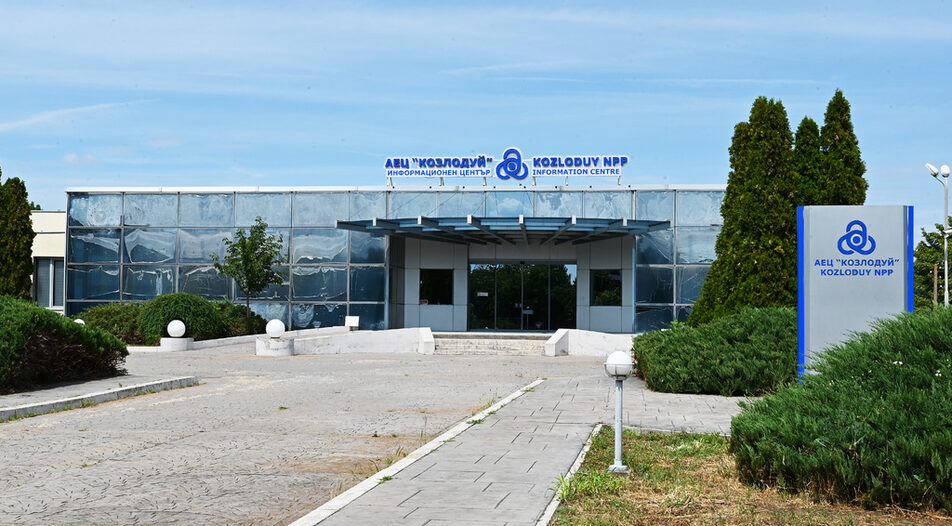Bulgaria is now a step closer to the construction of the 7th unit of the Kozloduy nuclear power plant - the new unit that has to replace the currently working nuclear power reactors.
Just days ago, it emerged that American nuclear giant Westinghouse had signed a contract for preliminary engineering for the construction of a new reactor with the subsidiary of the Bulgarian nuclear power plant.
The contract was mooted a few months ago when Bulgaria's parliament passed a decision that Westinghouse would build new reactors at Kozloduy. According to the decision, the model of the reactor would be AP1000.
Earlier this year, a memorandum of understanding was signed between the parties involved to create a joint construction planning task force.
Although the news underlines Bulgaria's commitment to force its net zero goals through the use of nuclear energy, it is quite likely that any reactor will not be ready until 2033, if construction begins at all.
Construction could take up to 10-12 years, the price being roughly 10 billion euros for one reactor, and certainly a long-term power purchase agreement will be required - probably a contract for difference (CFD).
What does the contract mean?
The contract itself involves front end engineering and a design contract (preliminary engineering contract) whose purpose is to undertake a proper research about the infrastructure and design of a new reactor at the Kozloduy site.
Such a step is part of the process of construction of nuclear units because before the actual construction, a series of analyzes must be conducted, especially when a plant is already functioning with different reactors.
The topic of Bulgaria's new reactors was brought back to the table after the former parliament obliged the caretaker government of Rumen Radev to negotiate with the US to renew the project, which was suspended in 2015. Parliament agreed that the Kozloduy site could take up to two new units.
Significantly, a delegation of Bulgarian politicians headed by MPs and directors of state energy companies visited the USA weeks ago, and it is very likely that they negotiated the new contract and the next steps with the cooperation of US nuclear power company Westinghouse.
It is unclear if the new government, elected just days before the contract was announced, was aware of the actions of the Bulgarian delegation in the US and whether it was coordinated. Kapital tried to contact Energy Minister Rumen Radev and his team, but had not received any response at the time of the editorial deadline for this piece.
Just months ago, Elias Gideon, senior VP in Westinghouse Electric Company, clarified for Kapital the following: "The front engineering contract is an opportunity to get to know the local suppliers, how the industry works, and use the links to pin Bulgaria as a major energy center in Europe. The contract also will serve us to clarify all the details of the project, including the price."
Due to the ongoing war russian sanctions, the tightening supplies from Russia and the fact that Kozloduy NPP depends solely on Russian nuclear fuel, in the beginning of the year Bulgaria made a decision to start using Westinghouse's fuel from 2024 onwards.
Bulgaria is now a step closer to the construction of the 7th unit of the Kozloduy nuclear power plant - the new unit that has to replace the currently working nuclear power reactors.
Just days ago, it emerged that American nuclear giant Westinghouse had signed a contract for preliminary engineering for the construction of a new reactor with the subsidiary of the Bulgarian nuclear power plant.












